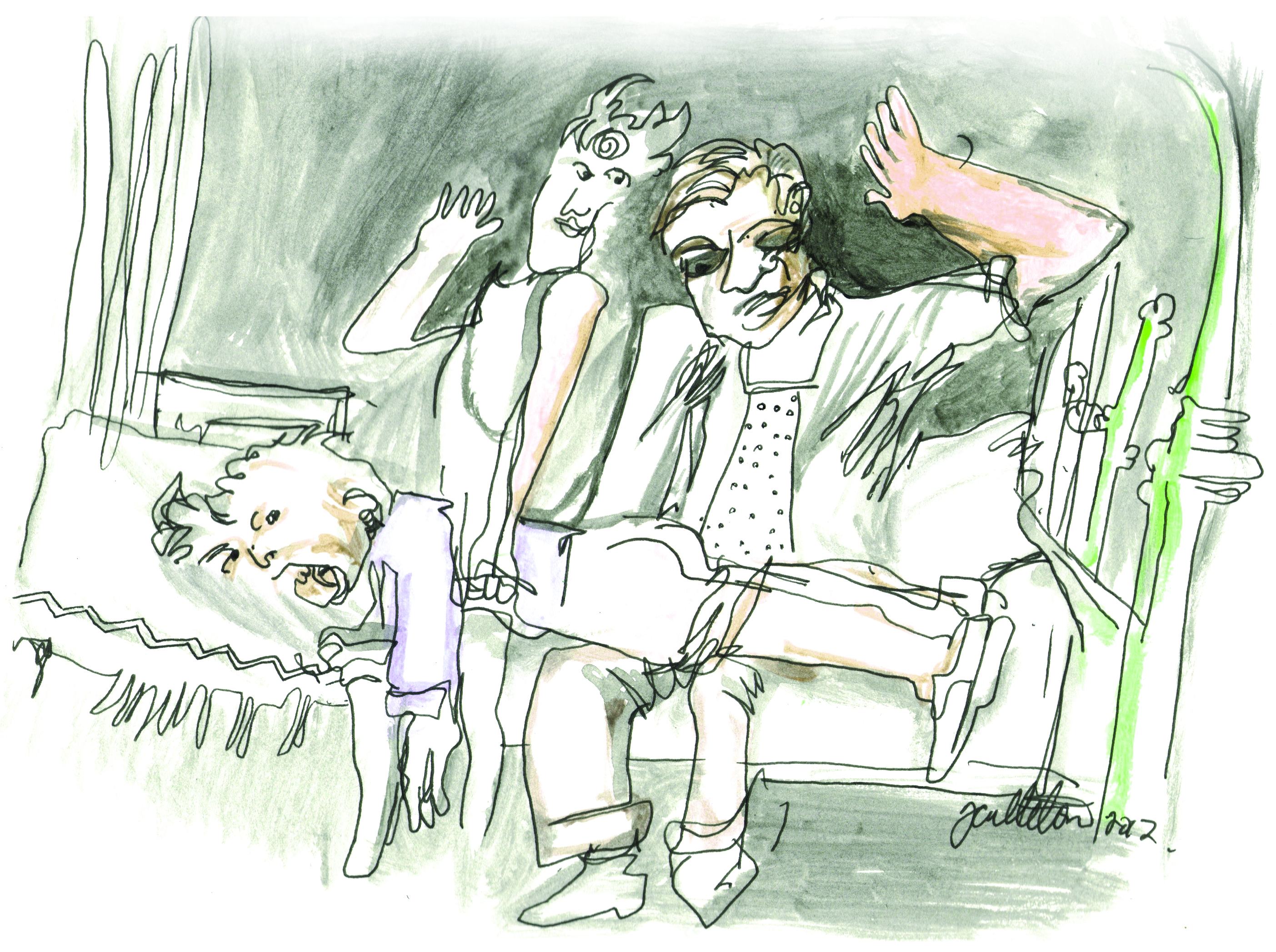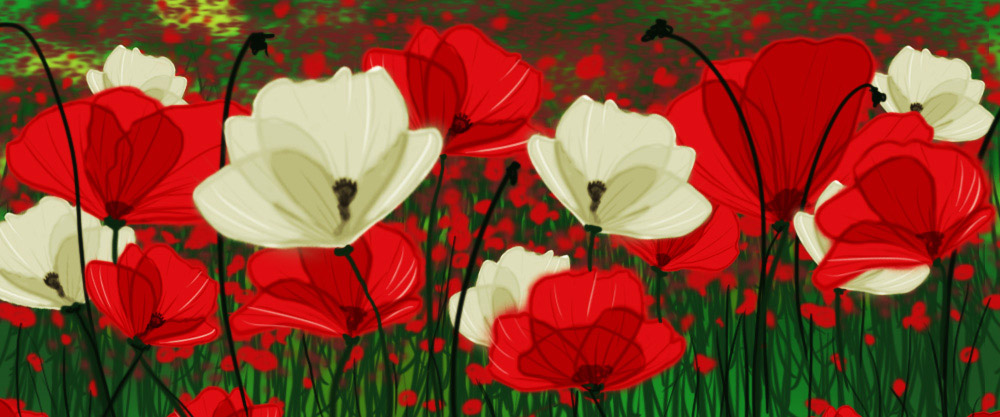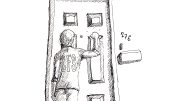This just in: the economy is emerging from the abyss!
In September, 31,000 more Canadians found jobs than those that were handed pink slips. That new economic outlook is a quantum leap from last year when American banks were faltering and the stock market was teetering on the brink of a financial collapse.
However it’s not all roses and unicorns; as Stephen Harper has cautioned Canadians saying, “I think we could be optimistic, but we should not be overconfident.” The unemployment rate, for example, is still unnaturally high at 8.4 per cent.
Mind you, Harper isn’t the most reliable character to take suggestions from. Recall the last election campaign when he urged his citizens to not worry because he would keep the budgets balanced (Hello deficit, how are you doing?). Within that same time span he also collectively slapped the face of the working-class by suggesting that the stock market collapse was a great investment opportunity. Even as everyday people were scrounging dimes and worrying about the future of their jobs, Harper was concerned with this nation’s elite, the same ones he’d earlier chastised for going to fancy galas in the fiasco that angered the arts community when he cut their funding by $45 million.
But I’m going off on a tangent, here. My point is that the economy is improving. Thanks, in no small part, to the Conservatives’ stimulus package and, subsequently, the elevated consumer confidence from the Home Renovation Tax Credit.
However while you’d think that a recuperating economy is a bonanza to all citizens above the 49th parallel, it really isn’t. In fact, I’ll let you in on an unwritten secret: the inner circles of the Liberal party — and consequently the NDP — aren’t too pleased about the economy’s recent upward swing.
What’s that, you ask? Don’t they want what’s best for Canada? Well, their new issue is that they are losing their primary strategy of hammering the Tories on everything negatively-related to the economy. It worked before to a certain degree. You may remember the leaders’ debate during the 2008 federal election that deteriorated into a two-hour shouting match on Harper’s lack of an economic plan. Well, that strategy has really been the only attack in their playbook. Currently, because of a recovering financial situation (and Harper’s humanizing and presentable rendition of the Beatles at one of those fancy galas) public opinion of the Conservatives has increased in public polls. As a result, the Conservative machine has punctured any gains the Grits may have made under Ignatieff’s leadership.
Even the Liberal leader himself has moved away from clamouring for an election since his convincing statement in August warning Harper that: “Your time is up.” Sure, now he can say that he’s listening to the general populace that has little interest in an election. But in reality, Ignatieff has only realized that he’s lacking the strong platform that will stir enough people to hit the polls on his side.
Most Canadians are a consensual “meh,” regarding Harper’s election strategy. No one can deny that the economy is gradually swinging upward, and on the flip side, the only ones really furious about the deficit are those that believe in little to no government intervention. They are so blatantly “big C” Conservative however that they wouldn’t dare vote for anyone else.
This leaves the Liberal party grasping at straws. According to a CBC News analysis, there’s an allegation that the Conservatives are handing a majority of their stimulus cash to Tory ridings. About 60 per cent to right-wing leaning ridings, to be precise — a fact that has yet to anger voters, especially those that have been unwrapping gifts from Ottawa.
Basically, Harper and his cronies are looking fine. Voters dislike winter elections and, at the moment, the NDP and Bloc seem okay with propping the minority government. Combine those current affairs with the guaranteed publicity boost Harper will gain from the Olympic torch lighting the Vancouver sky, and you have a chemical reaction resulting in more of the same old, same old.
Ian Froese is a U1 student majoring in the unknown.




